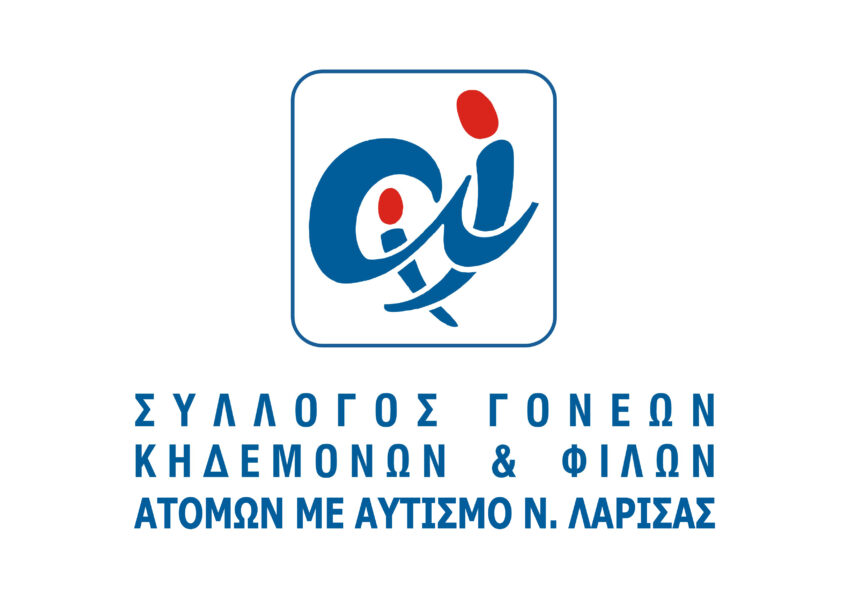Online legal basis for the codification of the legislation of the rights of Persons with Autism and the training of the public and private sector in them

Autism Spectrum Disorders (ASD) are lifelong developmental disorders that prevent people from properly understanding what they see, hear and generally feel. As a result, they face serious problems in their social relationships, communication and behavior.
Institutions, in cooperation with families, should lead the effort to inform and educate, dispelling myths and focusing on the rights of people with disabilities, as enshrined in all international conventions and the national legal framework. Many efforts have been made, but they are often fragmentary. The plethora of scattered laws and regulations makes it difficult to claim and enforce the rights of people with ASD.
The project will contribute to the solution by creating an easy-to-use Internet legal framework for codifying the legislation concerning people with ASD, which will provide information and support to a set of connected users of involved parties. An important element of the database will be the guidance of users in cases of violation of the rights of people with ASD regarding the legal ways of claiming their rights.
In the context of this project, there will be the possibility of linking the database with other relevant websites and the data will be updated at least annually or in significant changes of the institutional framework of the current legislation.
The creation of the online legal framework will be framed by:
- Training activities for public officials who manage issues of rights of people with ASD (Community Centers and Social Services of Municipalities).
- Platform presentation actions combined with awareness actions on Panhellenic rights issues.
- Training activities for people with ASD with high mental capacity to understand their rights and acquire self- advocacy skills using the content of the database.